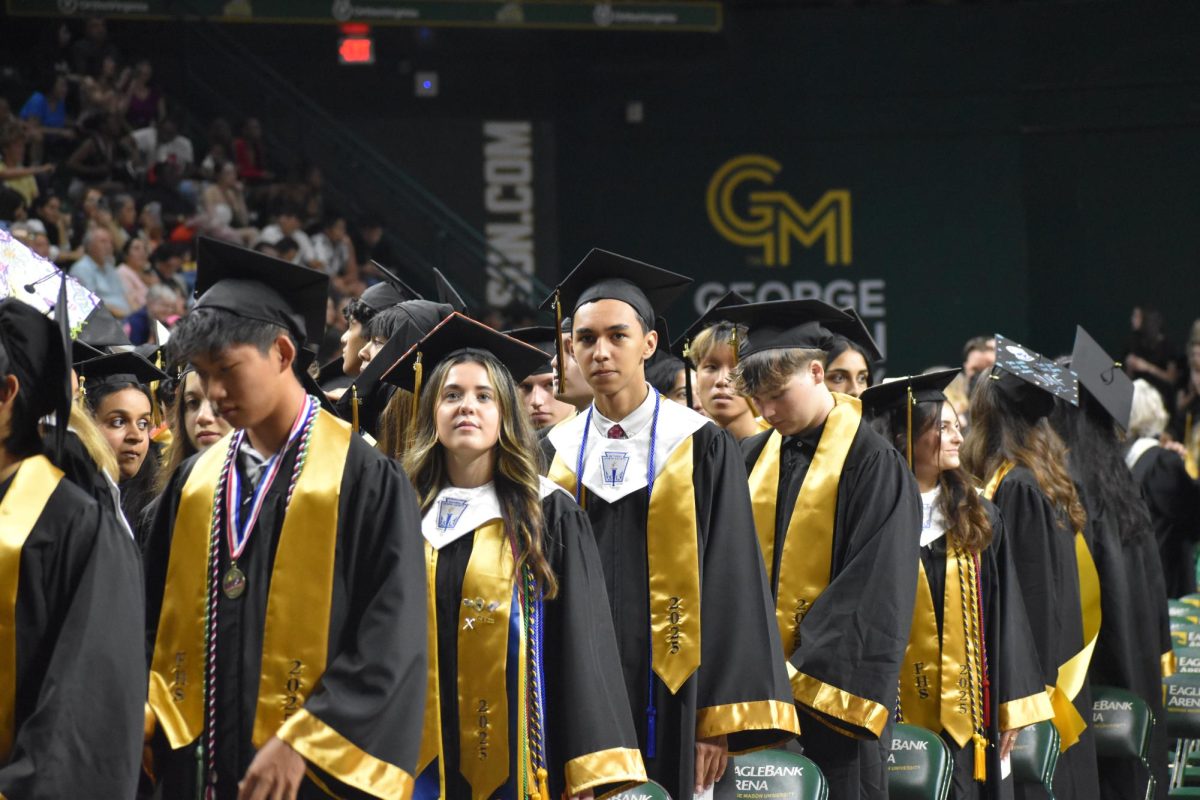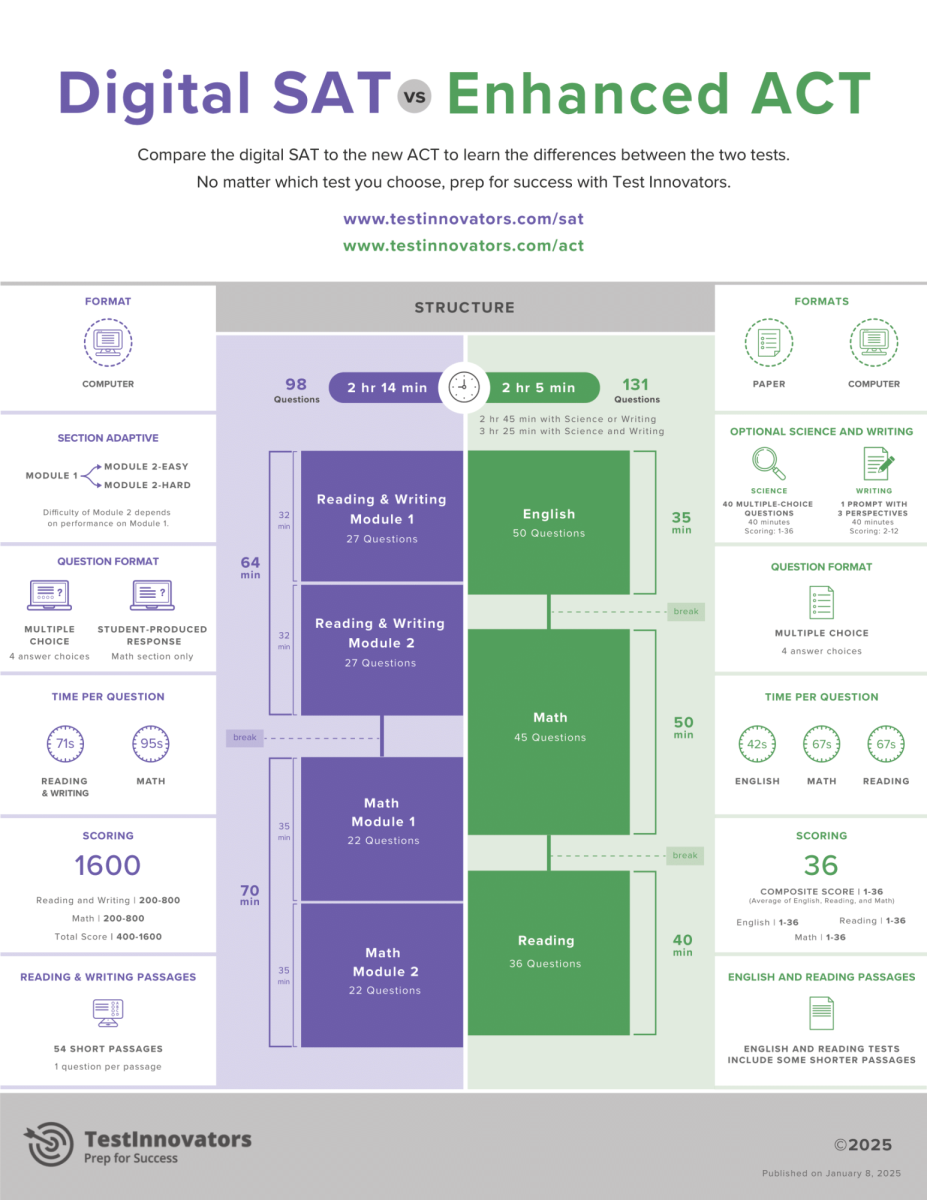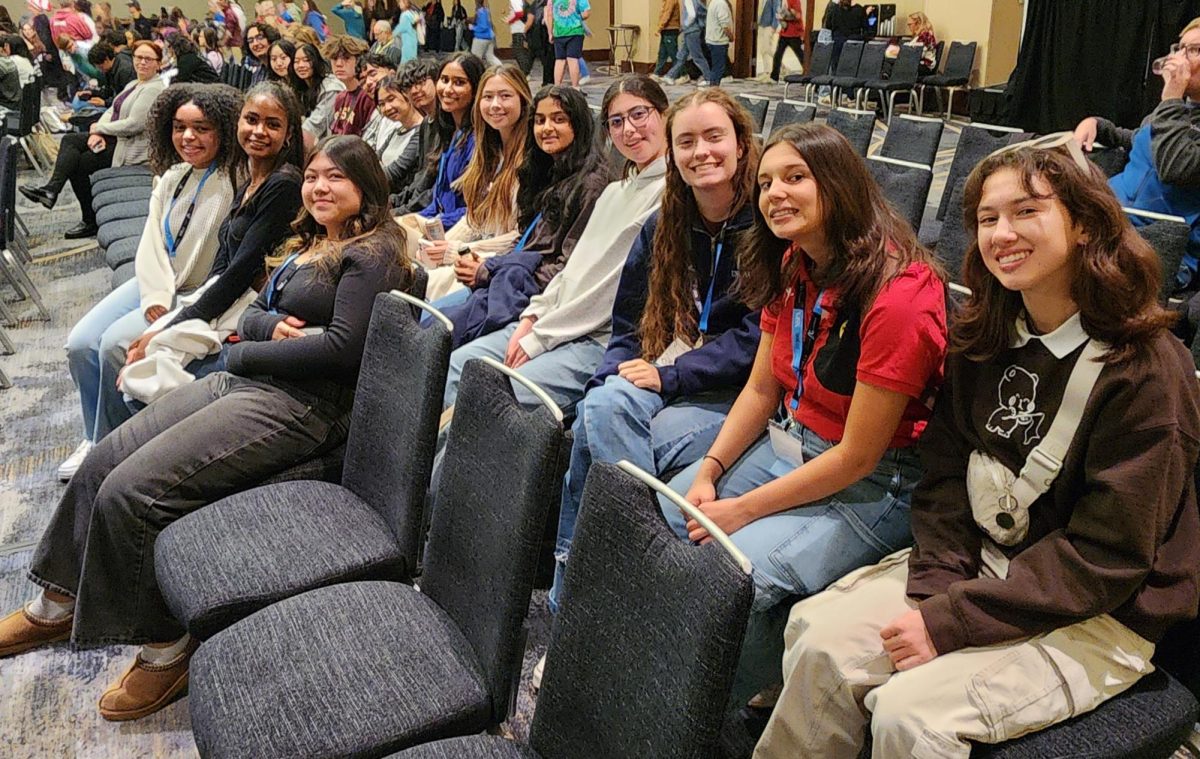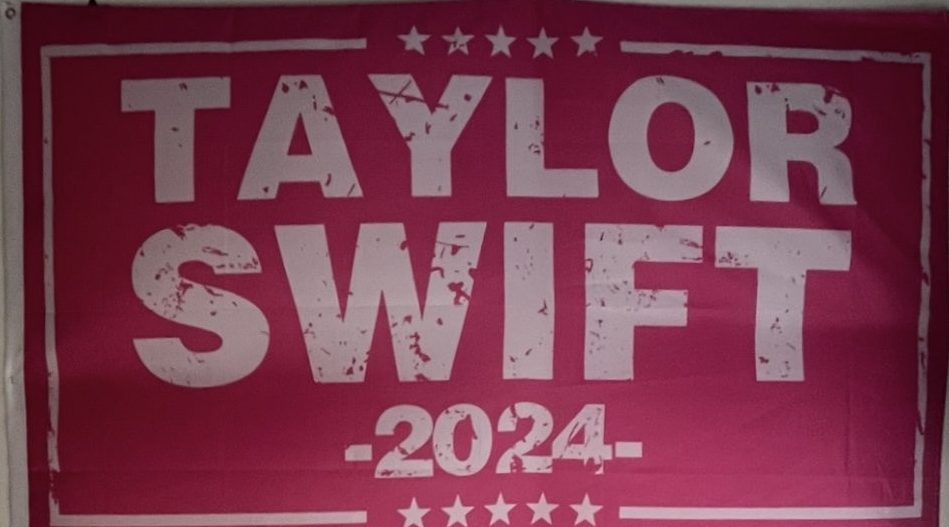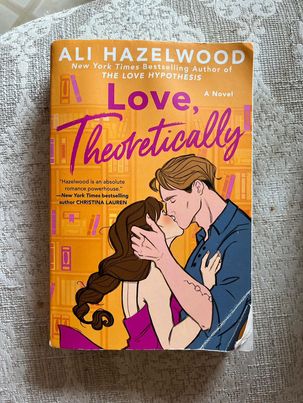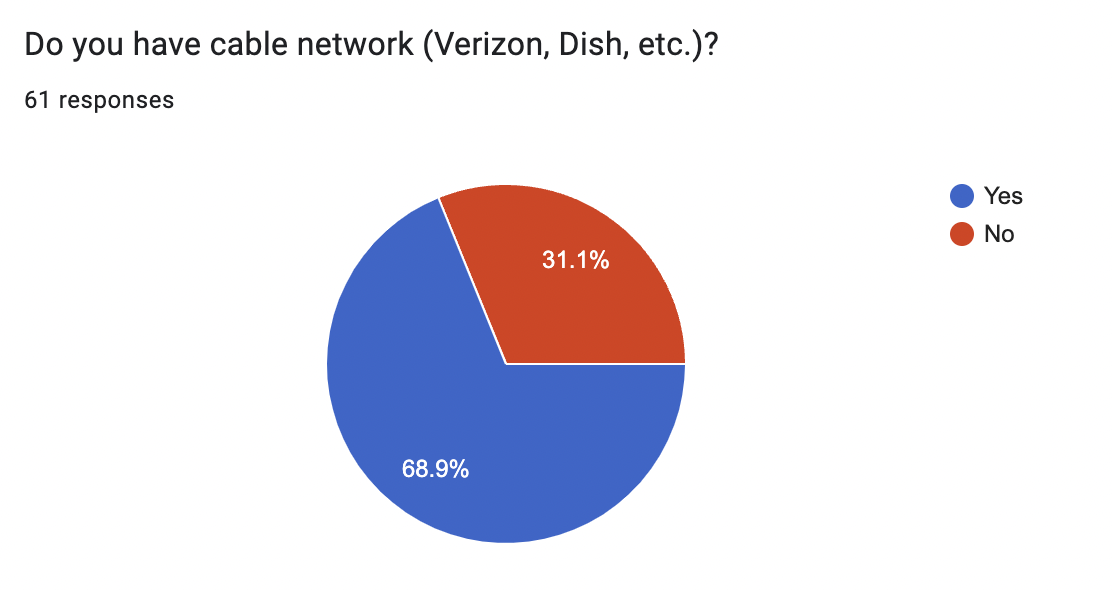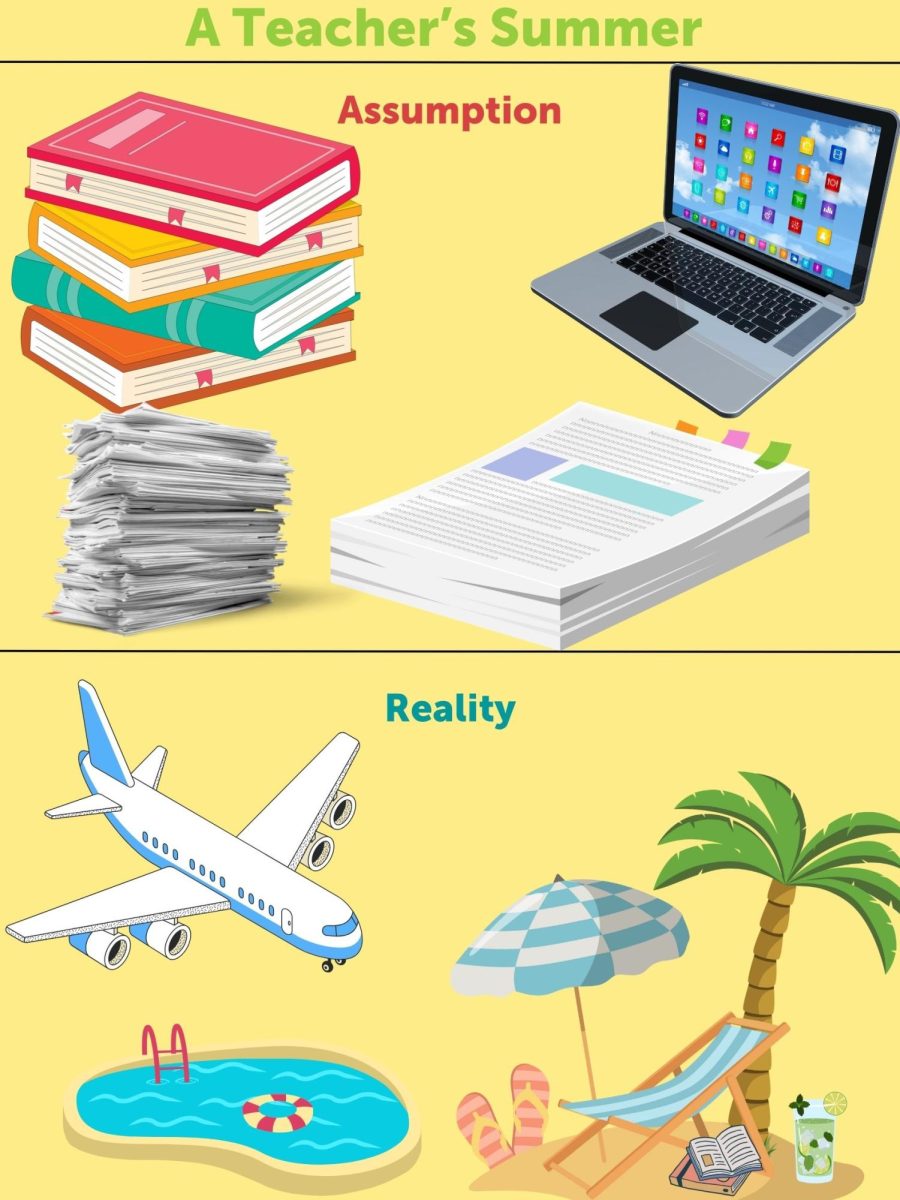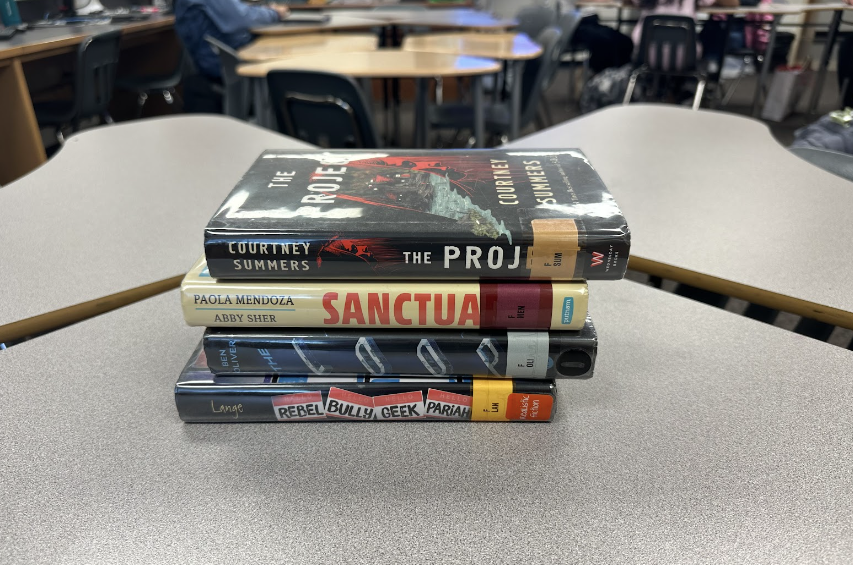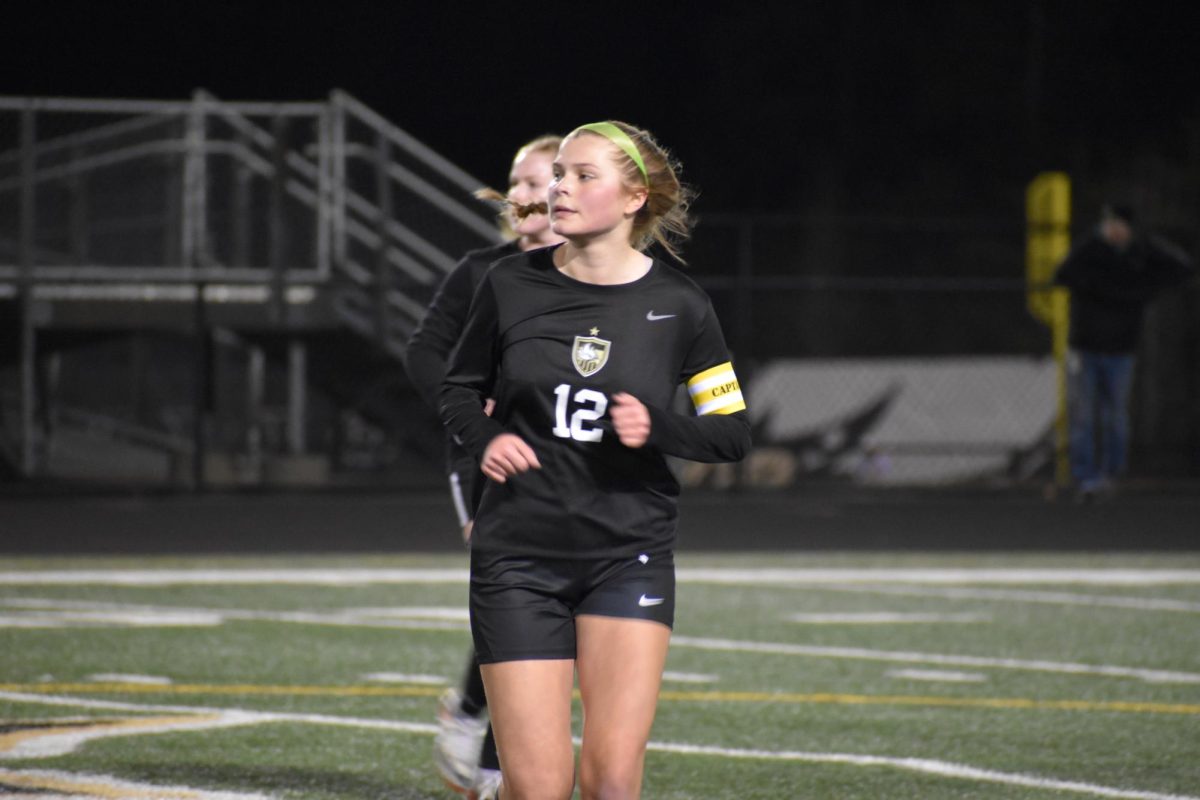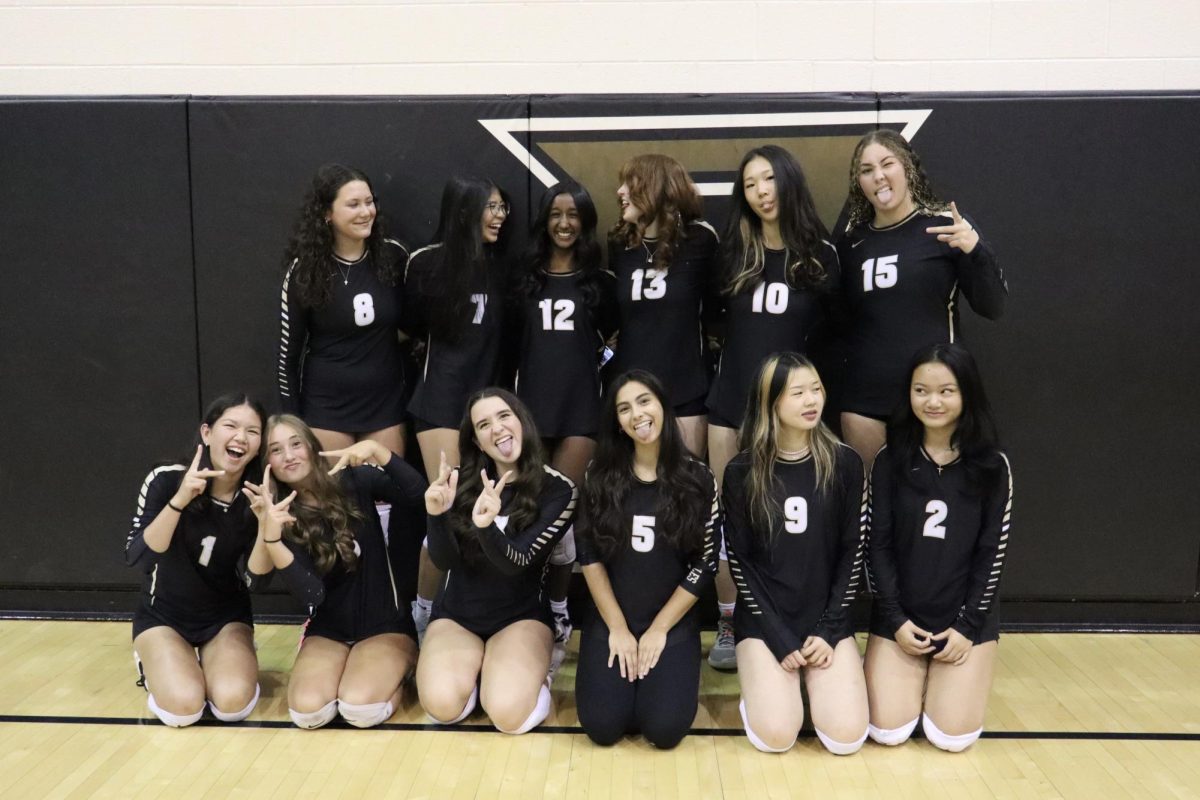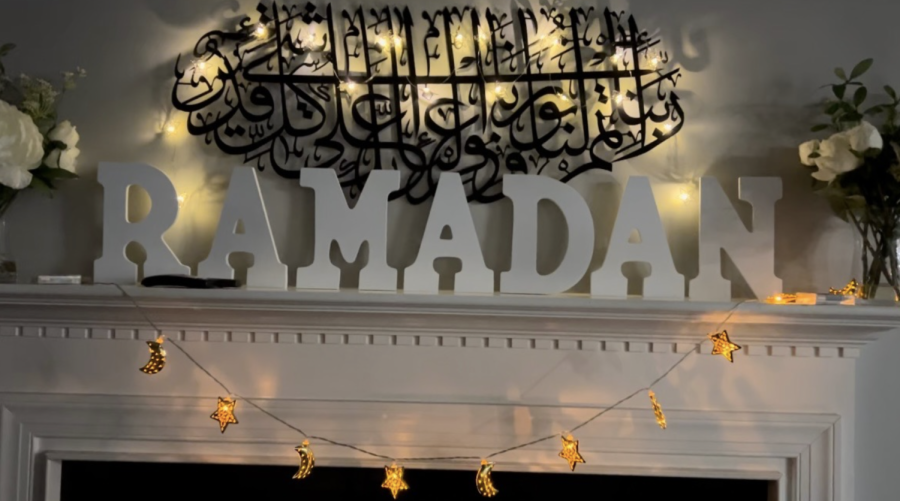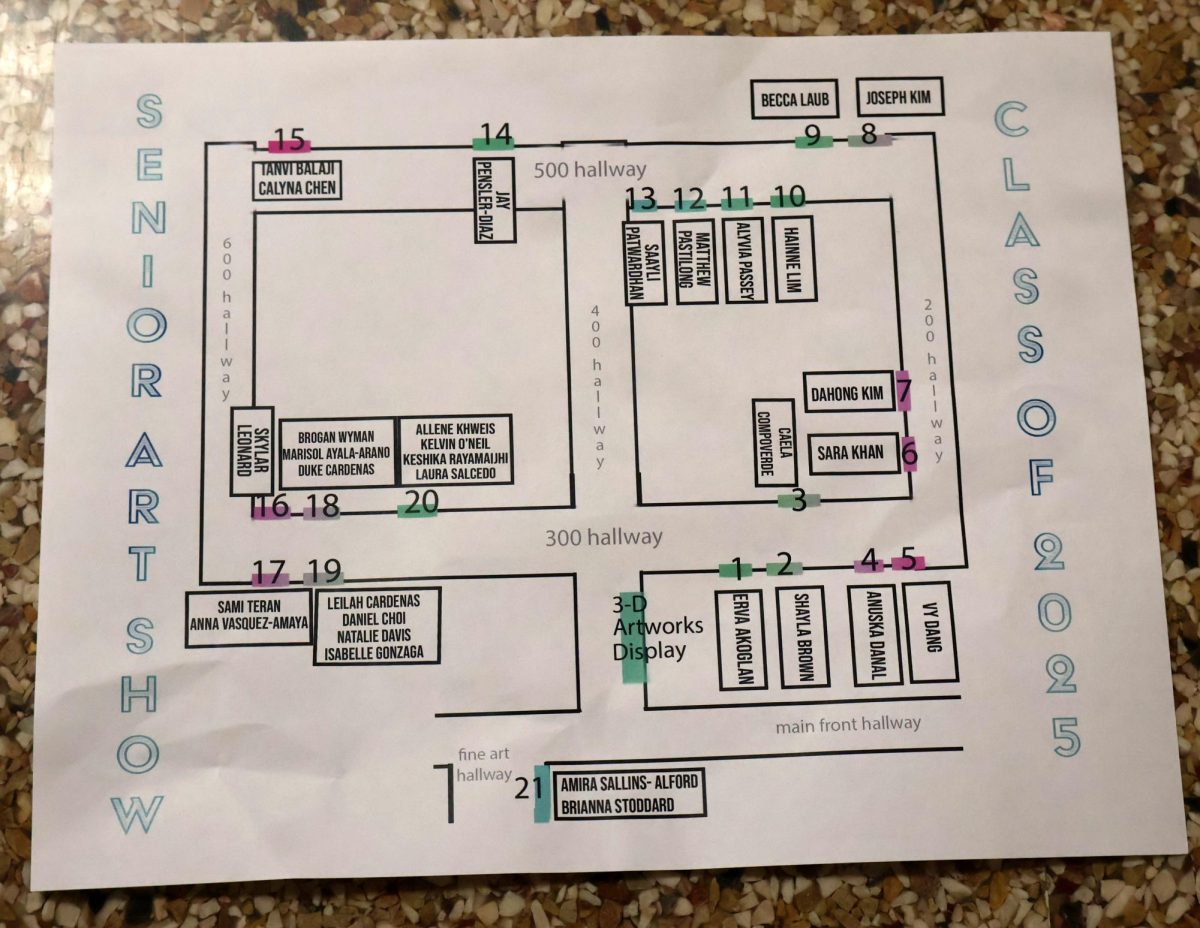Ramadan: A month of Islam
April 14, 2023
Ramadan is an Islamic Holiday that is recognized all around the world. Islam focuses on the teachings of Allah and this important holiday is one of the ways that Muslims honor Allah. The holiday lasts for 29-30 days that culminates in the last day, Eid al-Fitr. The last day is the day that every Muslim breaks their fast completely.
There are many students that participate in Ramadan in Freedom High School. Islam focuses on the five pillars, ideas that the faith follows. These include, profession of faith, prayer, alms, fasting and pilgrimage. Ramadan focuses on the fasting (sawm) part of Islam.
Sophomore Sabiha Hossain is a Muslim student and participates in Ramadan every year.
“Ramadan is basically a holy month in Islam where everyone fast and there are multiple reasons why you fast. The first reason is to humble yourself because there are people out there who have to do this everyday. They don’t get to break their fast. The second reason is to basically repair your relationship with God,” said Hossain about what the general definition of Ramadan is.
Each family celebrates Ramadan in their own way. Some families decorate their houses with beautiful lights and work, while others celebrate differently. In general “the rules” of Ramadan are all the same. All Muslim people must break their fast before daybreak, and then resume fasting once the sun has come up. When breaking their fast, there are a multitude of foods that every family eats. There is no limit on what can be eaten when breaking the fast. Hossain’s family eats some of her traditional foods from her country.
“[We eat] Biriyani, that’s standard. It’s basically chicken, rice and vegetables. The rice is cooked with this sauce so it retains all the flavors, it’s really spicy and it’s absolutely amazing. It destroys my stomach but it’s so great. And then there’s Pakoda which is basically a fry. It’s this fried dough with vegetables,” said Hossain about the ethnic and traditional foods that she eats from her home country.
In these daylight hours, a person is not allowed to eat any food or even drink water. There are strict rules that are followed. However, pregnant women, sick people, children and elderly people are some of the groups of people exempt from Ramadan. But, pregnant women and sick people are still required to make up the days that they missed in Ramadan. Many people opt to make up their days in the winter as the days are shorter than in any other period of the year.
Junior Layan Abu Jbara takes part in Ramadan every year. “For me, it’s a time to step back and take a second look at everything with a new perspective because we’re fasting from dawn to dusk. It’s not just the fasting either, there’s a lot of things that play into it as well. It gives you time to reflect on how you’ve been doing and to get back into routine a little bit. It’s kind of holding you accountable, in a way” she said about what Ramadan means to her.
